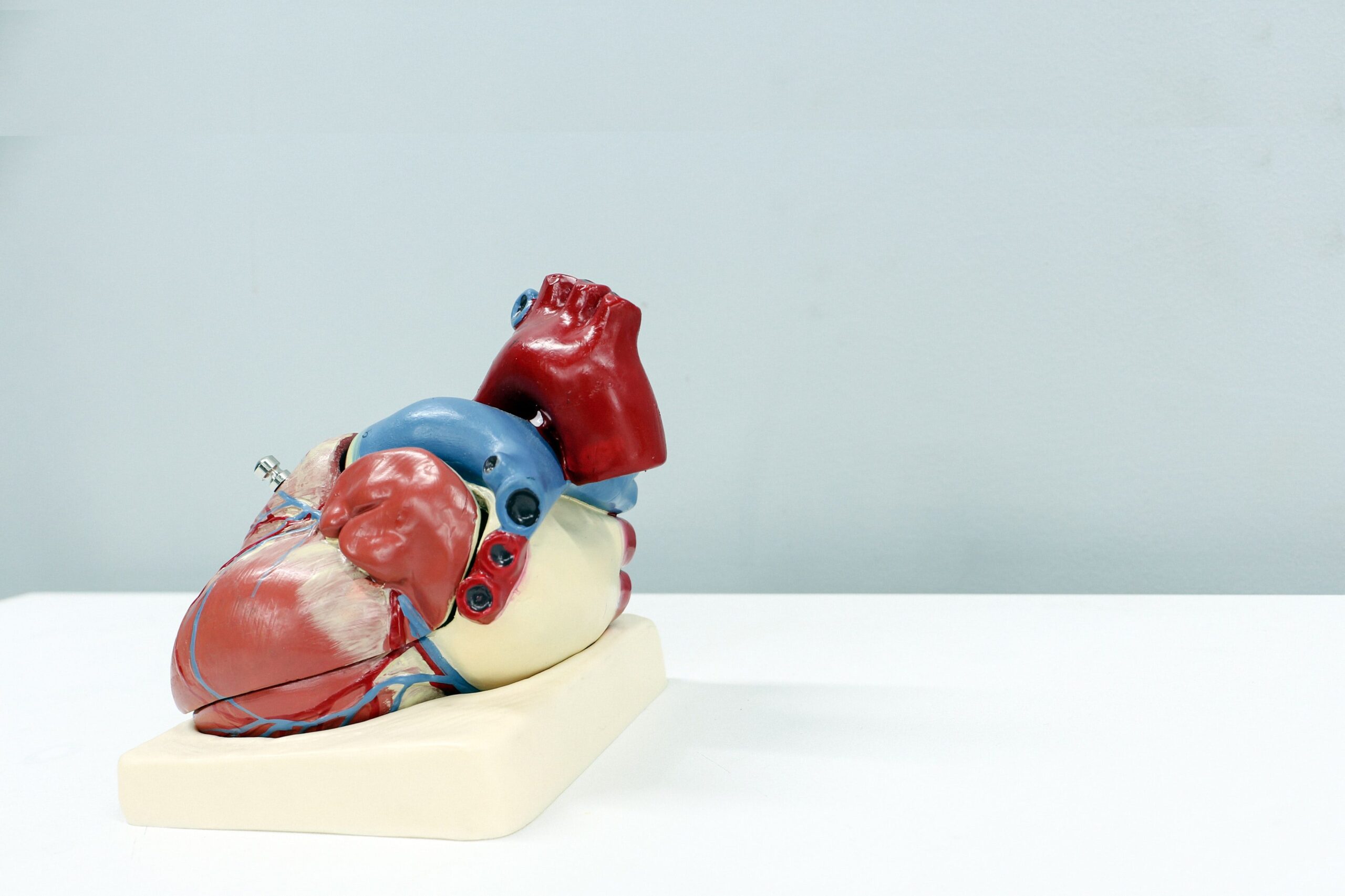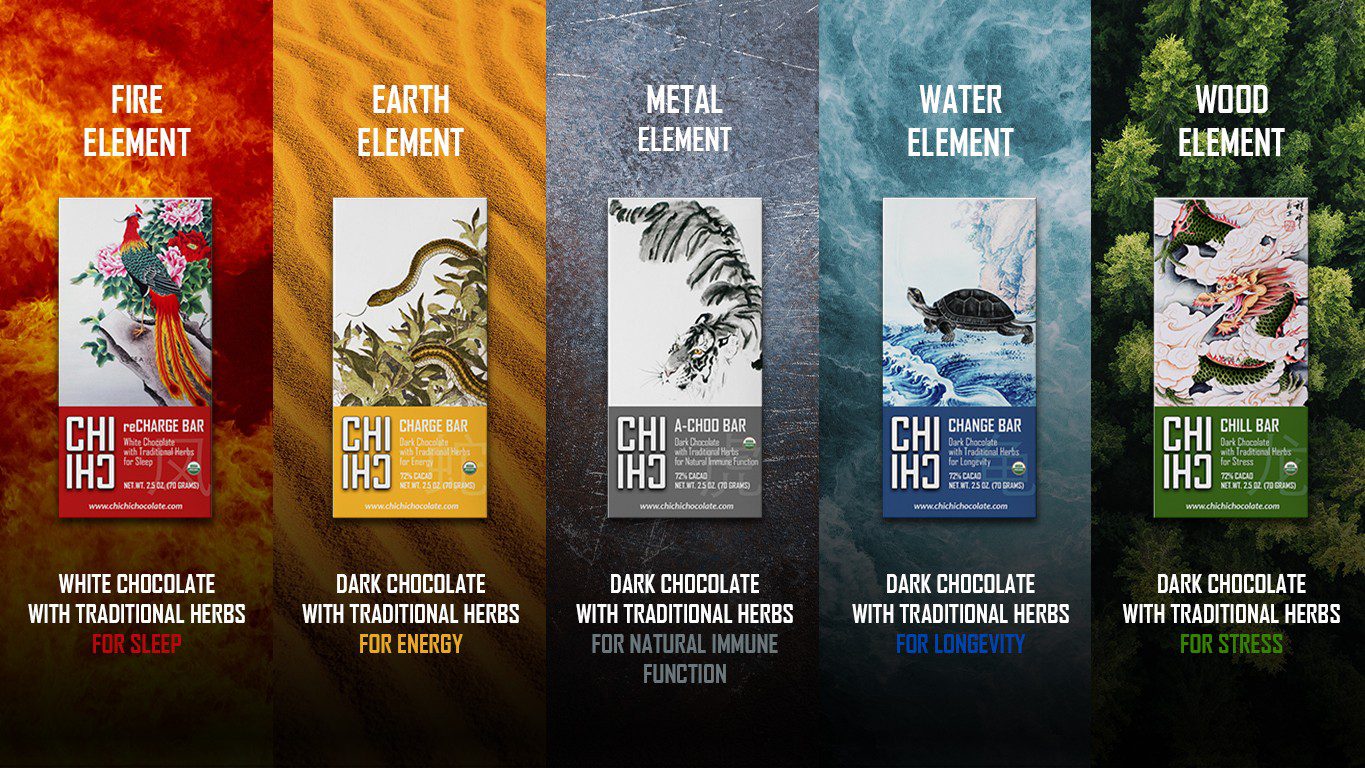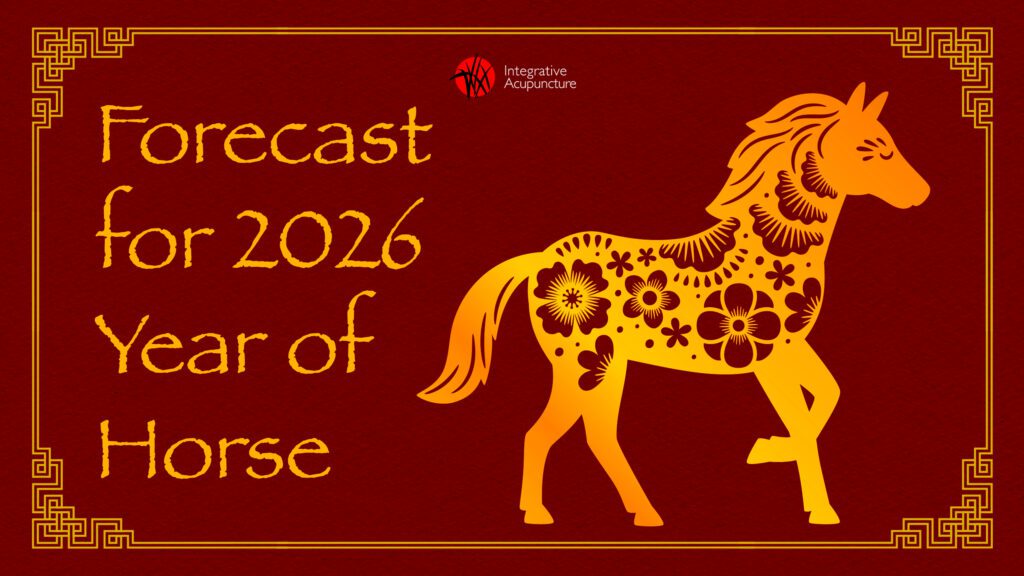Heart disease is the number one cause of death in the world. Similar to Western medicine, Traditional Chinese Medicine (TCM) believes the heart is responsible for the circulation of blood. When the heart is strong circulation will be sufficient, the body will be well-nourished, and the pulse will be full and regular.
Both medical systems agree that a weak heart can manifest in palpitations, chest pain, heart disease, or lead to a heart attack.
Even though there are many similarities between Western medicine and TCM when looking at heart health, there are also differences. For instance, a TCM practitioner will use many other qualitative diagnostic reasoning tools aside from heart rate and blood pressure to gain insight.
What does this mean? A TCM practitioner will likely have all the info that they need by looking at your body instead of requesting more labs, tests, or scans. For example, they have the ability to read your pulse to evaluate the “quality of expansion” and “duration of cycle”. A pulse reading in TCM as a diagnostic tool takes years of training and practice. This is why it is so important to seek advice from only medically trained professionals. Your body is asking to find wellness, it just takes a trained ear to listen.
A TCM Perspective on the Heart:
In TCM, the heart is the “king of all organs”. Other organs will sacrifice all to keep the heart in motion; this involves giving away their energy and nutrient supply (commonly referred to as Qi). The heart governs the ability to think clearly, sleep soundly, and maintain a good memory. Our emotional state is strongly influenced by how healthy or unhealthy our heart may be. A weak and deficient heart may create feelings of anxiety and mania, while also contributing to insomnia, forgetfulness, and lack of concentration.
Heart health can be reflected in the facial complexion. A rosy complexion indicates a strong healthy heart, while a pale or sallow complexion is indicative of a deficient, weak heart. If the heart blood becomes stagnant, the complexion may have a purplish tint.
Acupuncture and TCM have been managing heart health for centuries.
Regular acupuncture treatments are very helpful in lowering blood pressure. The needles stimulate the release of opioids, which then decrease the heart’s activity and its need for oxygen. This will help the body lower blood pressure, increase oxygenated blood flow, and regulate the heart’s rhythm.
Stress is another factor that can greatly affect the health of the heart. Unmanaged, chronic stress can lead to heart disease, high blood pressure, heart arrhythmias, and even heart attacks. Numerous studies have shown that stress can be easily managed with acupuncture. TCM offers more than just acupuncture to treat stress though. Herbal formulas and exercises like tai chi and qi gong are all wonderful tools for managing stress and keeping the heart-healthy.
When the heart is balanced and healthy, it results in an easy transition into sleep. If you have insomnia, the heart is often treated. Difficulty falling asleep, nightmares, and sleep terrors can result when this organ is unhappy. If you are the type of person who lies in bed for hours unable to fall asleep due to a racing mind, acupuncture can help to settle the heart energy and give you a great night’s sleep. Yet again, TCM can help treat a wide array of sleep problems without the harsh side effects of many pharmaceuticals.
Diet and Nutrition Tips
When it comes to your heart, what you eat matters. Diet and nutrition is one aspect of heart health with Traditional Chinese Medicine. Follow these tips for heart-healthy eating:
-
Eat fewer saturated fats
Look for lean meats, like seafood, poultry, lean cuts of pork, and cut back on fatty red meats and high-fat dairy products. Limit foods like pizza, burgers, and creamy sauces or gravy. Look for products with no trans fats and choose foods with unsaturated fats like salmon, nuts, seeds, avocados, and oils.
-
Reduce sodium ingestion
Read the Nutrition Facts label and choose foods that are lower in sodium. Look for the low-sodium or “no salt added” types of canned soups, vegetables, packaged meals, snack foods, and lunch meats.
-
Increase fiber intake
Eat vegetables, fruits, and whole grains to add fiber to your diet. Fiber is a carbohydrate that your body cannot break down, so it passes through the body undigested. Fiber can help prevent heart disease from its ability to lower both blood pressure and cholesterol.
-
Decrease consumption of artificial sweeteners
Consuming too much added sugar can raise blood pressure and increase chronic inflammation, both of which are pathological pathways to heart disease. When choosing a sweetener, look for natural options like honey, dates, maple syrup, molasses, or agave nectar.
Without a healthy heart, the body cannot function properly and the mind may be clouded and disconnected. Contact us or schedule an appointment online to see how acupuncture and Traditional Chinese Medicine can assist you with all of your heart health needs.









